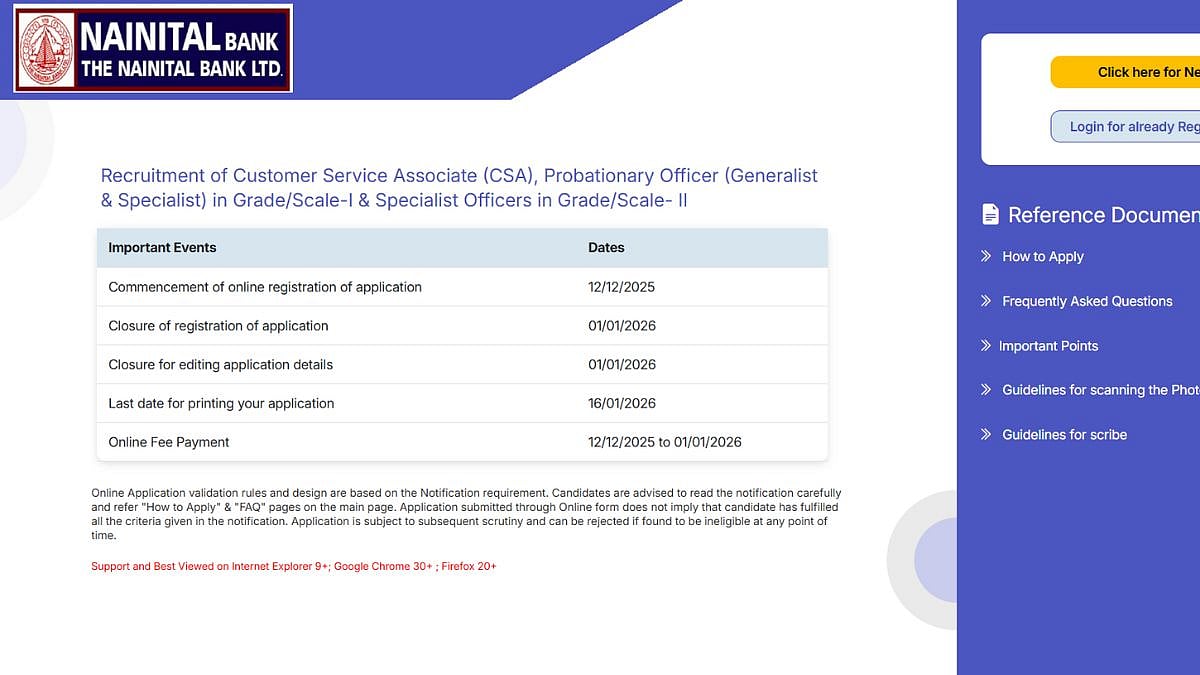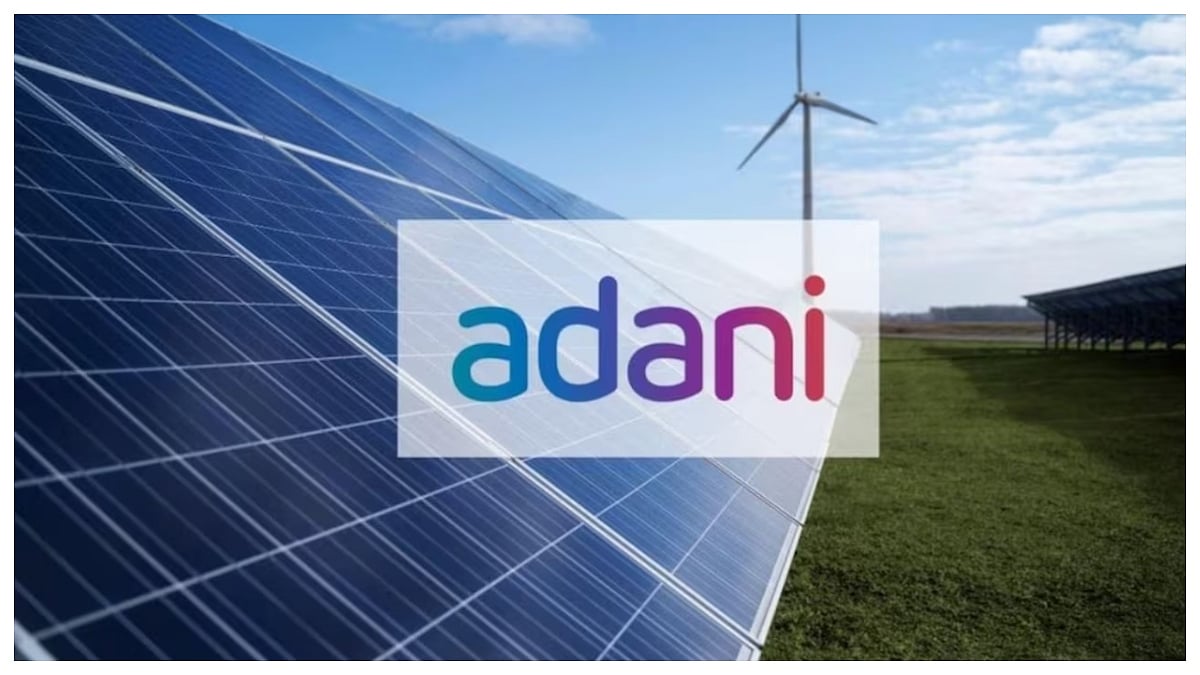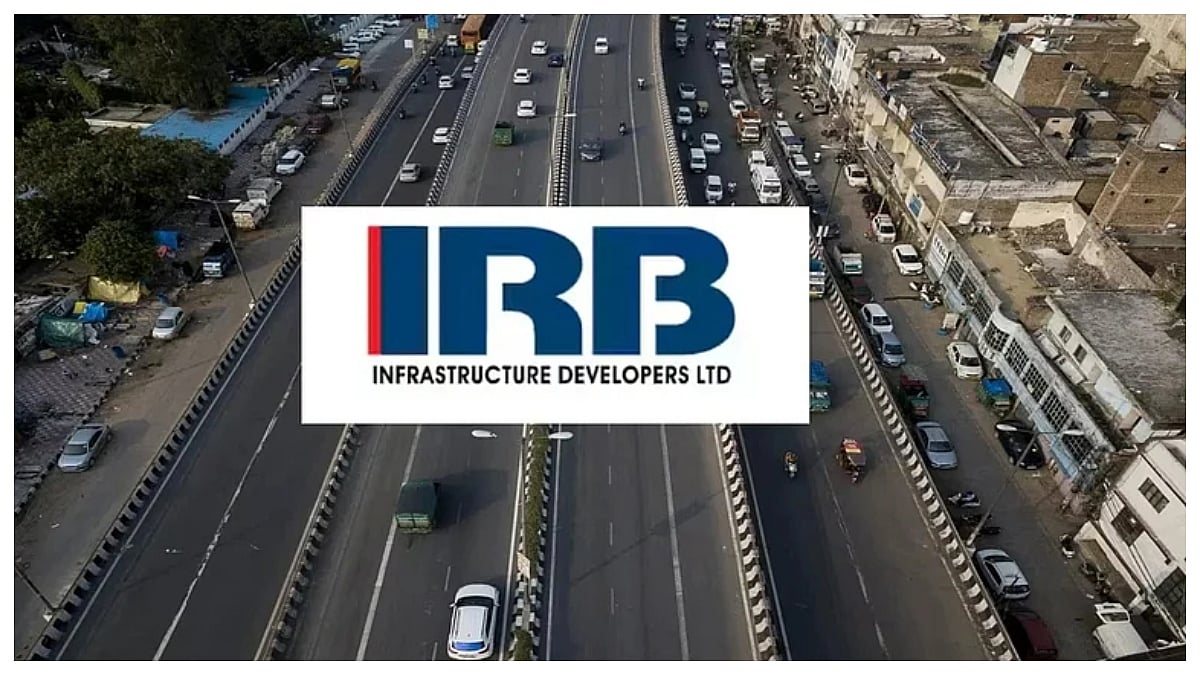The Comptroller and Auditor General (CAG) has asked the Finance Ministry to identify high risk taxpayers in the GST composition scheme on a periodical basis and verify from other sources, including third parties, their declared value of sales to check tax evasion.
GST taxpayers have a high risk of crossing the turnover
Based on an analysis of 8.66 lakh composition taxpayers under the central jurisdiction between 2019-20 to 2021-22 fiscals, the Comptroller and Auditor General (CAG) found that a significant number of GST taxpayers have a high risk of crossing the turnover threshold for composition levy scheme (CLS).
These high risk taxpayers were identified by audit from the data contained in GST returns viz. GSTR-4A, GSTR-7 along with third party data sources such as IT returns, 'Vahan' database etc.
GST composition scheme
The GST composition scheme is available to taxpayers whose aggregate turnover, in the preceding financial year, has not exceeded Rs 1.5 crore. For taxpayers in special category states, this limit is Rs 75 lakh.

The CAG said two major risk areas in respect of CLS taxpayers are under-declaration of the 'value of outward supply' by the taxpayers to continue in the scheme; and non-fulfillment of eligibility conditions for availing CLS.
The audit also observed that there were certain CLS taxpayers who were continuing in the Scheme despite not fulfilling the eligibility criteria prescribed in the Act and the Rules, and a substantial number of CLS taxpayers were not discharging their obligatory responsibilities of filing returns and payment of tax under reverse charge.
"The Ministry should identify high risk taxpayers in the CLS on a periodical basis using a risk-based approach and verify their declared value of outward supply from other sources including third parties to minimize the possibility of misuse by ineligible persons," the CAG said in a report tabled in Parliament recently.

The official auditor also suggested that the Finance Ministry may develop a system of identifying ineligible taxpayers and take action to exclude them from the CLS in order to prevent misuse of the intended benefits of the scheme.








